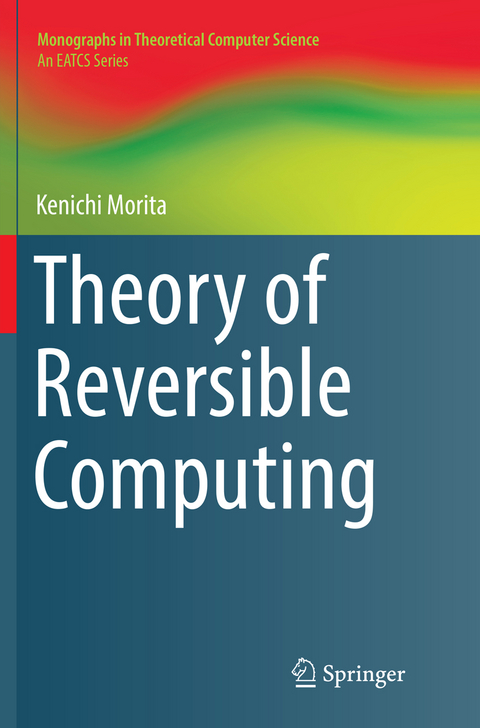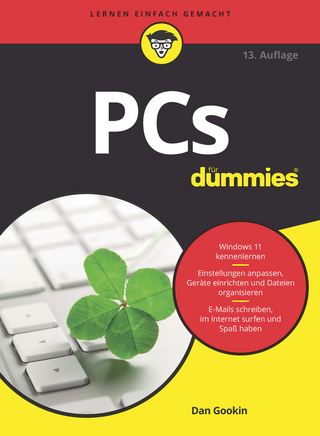
Theory of Reversible Computing
Springer Verlag, Japan
978-4-431-56832-2 (ISBN)
This work deals with various reversible computing models at several different levels, which range from the microscopic to the macroscopic, and aims to clarify how computation can be carried out efficiently and elegantly in these reversible computing models. Because the construction methods are often unique and different from those in the traditional methods, these computing models as well as the design methods provide new insights for future computing systems.
Organized bottom-up, the book starts with the lowest scale of reversible logic elements and circuits made from them. This is followed by reversible Turing machines, the most basic computationally universal machines, and some other types of reversible automata such as reversible multi-head automata and reversible counter machines. The text concludes with reversible cellular automata for massively parallel spatiotemporal computation. In order to help the reader have a clear understanding of each model, the presentations of all different models follow a similar pattern: the model is given in full detail, a short informal discussion is held on the role of different elements of the model, and an example with illustrations follows each model.
Kenichi Morita is a professor emeritus of Hiroshima University. He received a Ph.D. in engineering from Osaka University in 1978, and he was a professor of the Graduate School of Engineering, Hiroshima University. He is engaged in the research of automata theory, cellular automata, reversible computing, and formal language theory.
1. Introduction.- 2. Reversible Logic Elements with Memory.- 3. Classification of Reversible Logic Elements with Memory and Their Universality.- 4. Reversible Logic Gates.- 5. Reversible Turing Machines.- 6. Making Reversible Turing Machines from Reversible Primitives.- 7. Universal Reversible Turing Machines.- 8. Space-Bounded Reversible Turing Machines.-9. Other Models of Reversible Machines.- 10. Reversible Cellular Automata.- 11. One-Dimensional Universal Reversible Cellular Automata.- 12. Two-Dimensional Universal Reversible Cellular Automata.- 13. Reversible Elementary Triangular Partitioned Cellular Automata.- 14. Self-reproduction in Reversible Cellular Automata.
“The book under review has several advantages in representation of reversible computing. First, exposition is developed in a rigorous theoretical setting of mathematical models of algorithms and automata. Second, the book has a high-quality and clear-cut architecture when exposition goes from the lowest level of reversible logic elements through reversible functional modules and composed logic elements to the high level of reversible abstract automata.” (Mark S. Burgin, zbMATH 1383.68002, 2018)
| Erscheinungsdatum | 21.09.2018 |
|---|---|
| Reihe/Serie | Monographs in Theoretical Computer Science. An EATCS Series |
| Zusatzinfo | XVII, 457 p. |
| Verlagsort | Tokyo |
| Sprache | englisch |
| Maße | 155 x 235 mm |
| Themenwelt | Mathematik / Informatik ► Informatik ► Theorie / Studium |
| Informatik ► Weitere Themen ► Hardware | |
| Technik ► Elektrotechnik / Energietechnik | |
| ISBN-10 | 4-431-56832-8 / 4431568328 |
| ISBN-13 | 978-4-431-56832-2 / 9784431568322 |
| Zustand | Neuware |
| Haben Sie eine Frage zum Produkt? |
aus dem Bereich


